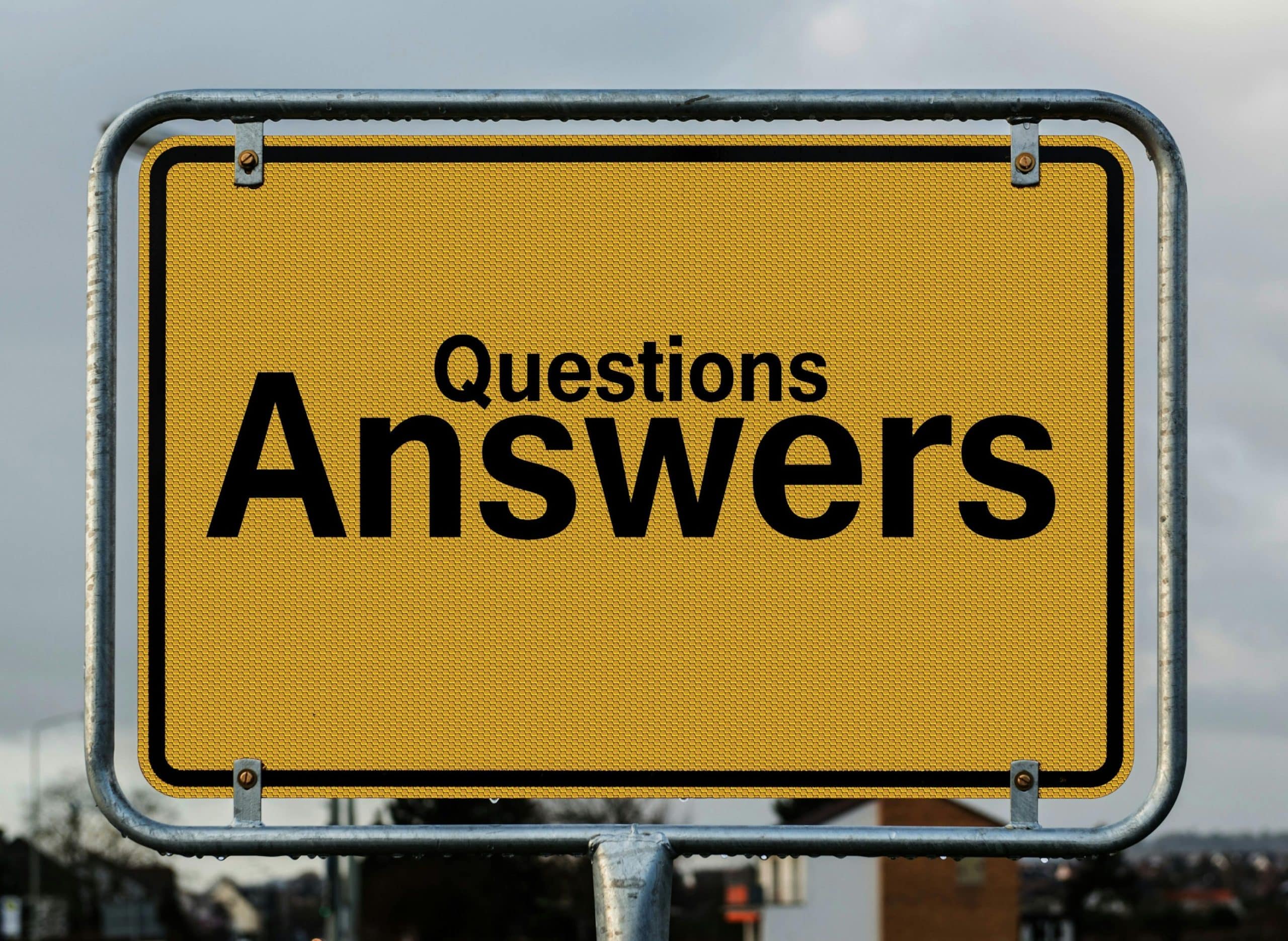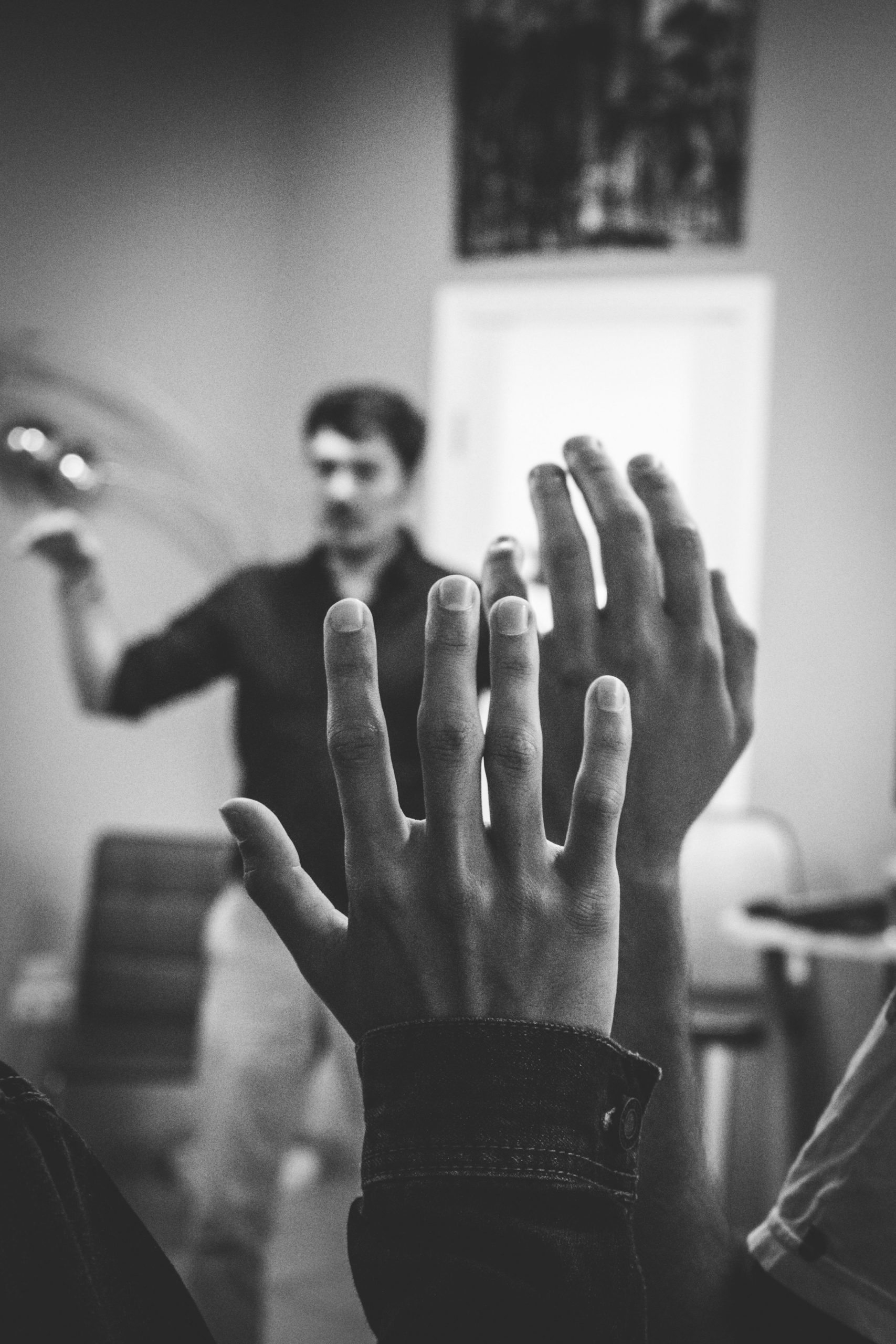Falls are a serious source of injury and death at home and work. If hard surfaces, sharp edges, machinery, or hazardous substances are nearby, falling from a ladder can result in serious injuries.
The possibility of suffering serious injuries from fractured bones to concussions, paralysis, and death rises when someone falls from a height. Therefore, using a ladder must be considered a dangerous activity requiring extra safety measures. There are a variety of circumstances in which a fall from a ladder might happen, each posing a specific legal problem.
Let’s get into more detail on who is mostly liable when Falling from a ladder.
Falls from Ladder – Who Is Liable?
The liability for a fall from a ladder depends on various factors:
Property Owners’ Liability
If a fall from the ladder occurs on private property, public space, or commercial property, the property owner may be held accountable for the fall. It is only when they have failed to provide a safe workplace for the worker. It could be a lack of checks and balances on the ladder or the area where the worker was working.
Employers’ Liability
The employer will be held responsible if the individual falls on work hours doing their daily task (under workers’ compensation laws). Workers’ compensation doesn’t usually have to be proved. A no-fault system allows workers to get benefits such as lost wages, medical expenses paid for, etc.
Users Liability
Sometimes, the individuals themselves could be the reasons behind the fall. Either they were negligent or misused the ladder in some way that caused it to fall. In this scenario, they will be held responsible for their injuries and must pay for them out of pocket. Workers who do not follow the safety instructions or wear proper gear are at fault.
Manufacturer’s Liability
In cases where the ladder was defective, the manager will be held responsible for the fall, as they should have checked the ladder before putting workers at risk. A failure to follow the safety instructions applies to both; they will be accountable since the manager has ordered the worker.
Comparative Negligence
In some states, such as Nevada, comparative negligence is applied. It states that when an injured individual’s compensation is reduced, considering their fault in the accident. If the worker and employer are at fault in the incident that led to a fall, then the employer’s percentage of compensation will be paid, but some will be cut, considering how much the worker is at fault.
Hire a Slip and Fall Attorney from The Bourassa Law to Guide and Assist You Through the Case
While everyone who’s a party to a slip-and-fall lawsuit requires a lawyer, the victim needs the legal professional the most as they carry the burden of proof.
If you have been injured in a slip and fall accident from a ladder in Nevada, hire an experienced attorney from The Bourassa Law for the best advice and legal representation.
Whether you’re looking for an out-of-court settlement or want to file a court case, our slip-and-fall lawyers in Nevada will help you at every step.
Contact us today for a free case evaluation.





